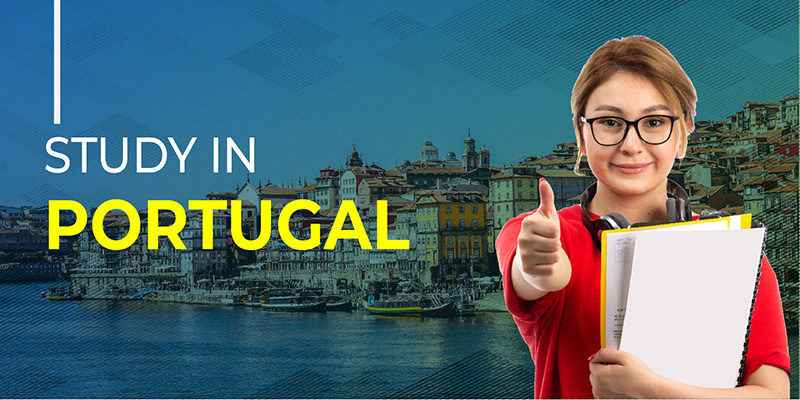
Admission Requirements:
The admission requirements for universities in Portugal can vary depending on the institution, program, and level of study (undergraduate, postgraduate, doctoral). However, here's a general overview of common admission requirements:
1. Undergraduate Programs:
• Completed secondary education or equivalent qualification.
• Academic transcripts from secondary school, detailing your grades and coursework.
• Proof of proficiency in Portuguese or English, depending on the language of instruction. This may be demonstrated through standardized language tests like the TOEFL or IELTS for English or the CAPLE exam for Portuguese.
• Some programs may require additional entrance exams or interviews, particularly for competitive fields like medicine or engineering.
2. Postgraduate Programs (Master's):
• A bachelor's degree or equivalent qualification from an accredited institution.
• Academic transcripts from your undergraduate studies, demonstrating your academic performance.
• Letters of recommendation from academic or professional references.
• A statement of purpose or personal statement outlining your academic and career goals, research interests, and reasons for pursuing the program.
• Proof of proficiency in the language of instruction (Portuguese or English) through standardized tests like the TOEFL, IELTS, or CAPLE exam.
• Some programs may require a resume or curriculum vitae (CV), detailing your academic and professional experience.
3. Doctoral Programs (Ph.D.):
• A master's degree or equivalent qualification in a relevant field.
• Academic transcripts from both undergraduate and graduate studies.
• Letters of recommendation from academic supervisors or professionals familiar with your research abilities.
• A research proposal outlining your intended doctoral research topic, objectives, methodology, and expected outcomes.
• Proof of language proficiency in Portuguese or English, depending on the language of instruction.
• Some programs may require additional entrance exams or interviews, as well as evidence of previous research experience or publications.
4. Additional Requirements for International Students:
• International students may need to provide additional documentation, such as a copy of their passport, proof of sufficient financial means to cover living expenses, and health insurance coverage.
• International students may also need to apply for a student visa to study in Portugal, which requires meeting specific requirements set by the Portuguese consulate or embassy in their home country
